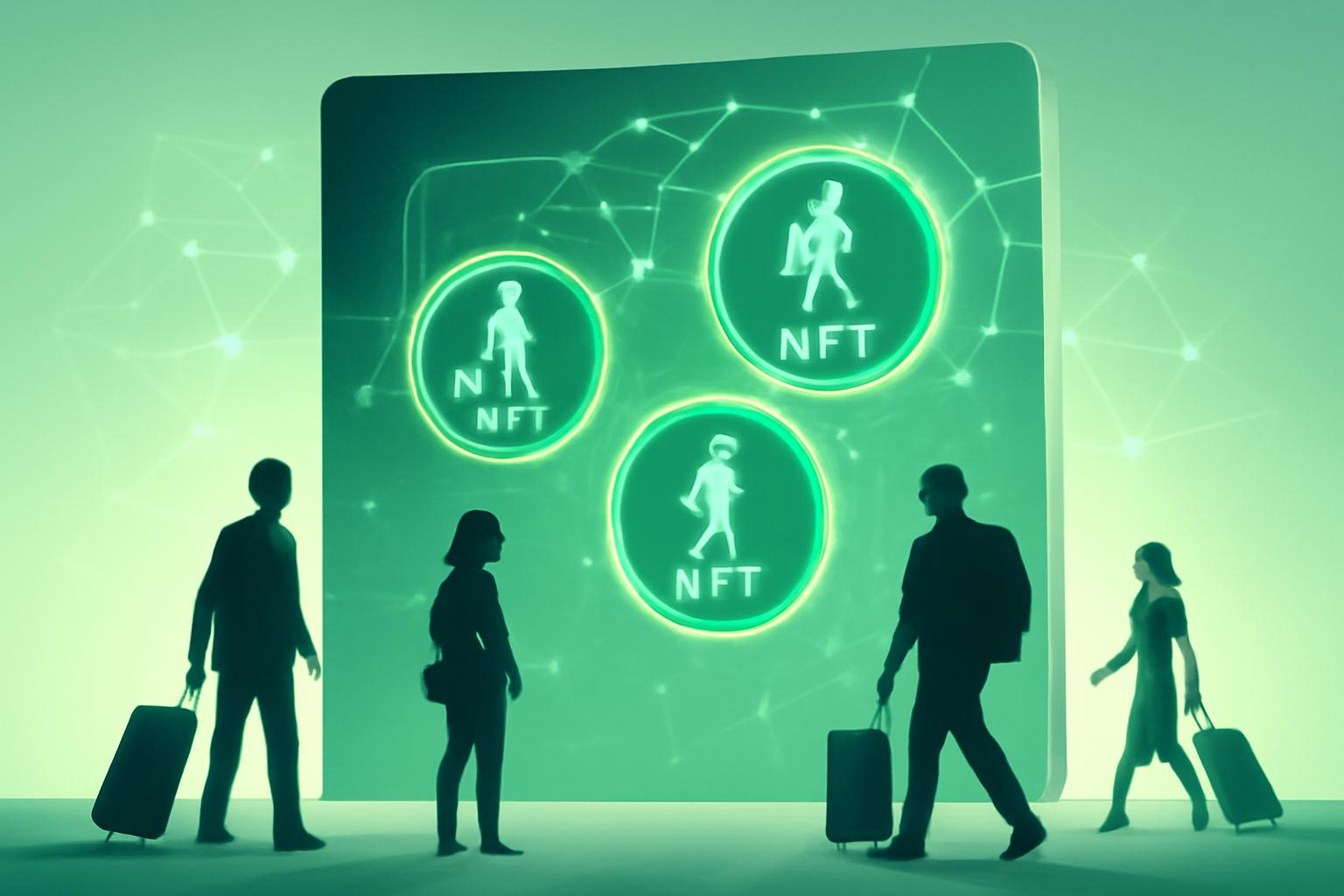American Express Introduces Blockchain-Based Travel Stamps
American Express has unveiled a new digital product that allows travelers to capture their journeys as blockchain-based passport stamps. These digital keepsakes are minted as ERC-721 non-fungible tokens (NFTs) on Base, Ethereum’s layer-2 network, enabling customers to securely preserve and personalize memories of their trips.
Personalized NFTs as Travel Mementos
According to American Express, each NFT stamp can be customized to showcase highlights from a trip, such as a notable attraction, meal, hotel stay, or activity. The stamps record the country or region visited, a description, and the date earned, while ensuring that personal data and detailed trip information remain private on the blockchain.
Luke Gebb, Executive Vice President of Amex Digital Labs, emphasized the sentimental value of these digital mementos: “As physical passport stamps continue to disappear, Amex Passport creates an opportunity for Card Members to celebrate their travels.”
Eligibility and Privacy Considerations
The Amex Passport stamps are exclusively available to US-based American Express consumer cardholders with linked online accounts. The NFTs are non-transferable, reinforcing their role as personal digital souvenirs rather than tradable assets.
Data from BaseScan, the block explorer for Ethereum’s Base network, indicates the smart contract managing the Amex travel stamps was deployed roughly three and a half weeks ago.
Meeting Growing Demand for Digital Travel Keepsakes
An American Express survey highlighted robust consumer interest in digital travel memorabilia, with 73% of respondents expressing a desire for new ways to commemorate trips digitally, and 56% missing the traditional passport stamp experience upon entering new countries.
Amex customers can share their NFT stamps on social media or save them to their devices. Additionally, travel booked through Amex within the past two years will be automatically reflected in the NFT passport.
Blockchain and Crypto Integration in Tourism
This initiative forms part of a broader trend of integrating blockchain technology within the tourism sector. While crypto adoption in travel remains niche, momentum is growing. For example, crypto travel platform Travala recently enabled cryptocurrency payments for over two million hotels via Trivago, and data suggest crypto users tend to spend more and stay longer when traveling.
Moreover, industry data from Triple-A show that 14% of crypto transactions in 2024 have been related to travel and hospitality, with an increasing number of airlines accepting crypto payments for bookings.
American Express’s launch of NFT passport stamps reflects both evolving consumer preferences for digital experiences and the gradual mainstreaming of blockchain applications in travel.
FinOracleAI — Market View
American Express’s introduction of NFT passport stamps is a strategic move to deepen customer engagement through blockchain technology, leveraging growing demand for personalized digital experiences. By restricting access to verified cardholders and ensuring privacy, Amex mitigates risks related to data security and speculative NFT trading.
While the initiative is unlikely to generate significant immediate revenue, it positions Amex as an innovator in digital loyalty and travel services, potentially attracting younger, tech-savvy customers. Key risks include limited adoption beyond niche users and possible regulatory scrutiny on NFTs.
Investors should monitor user uptake rates, integration with broader Amex offerings, and the evolution of blockchain use cases in travel to assess long-term impact.
Impact: positive













